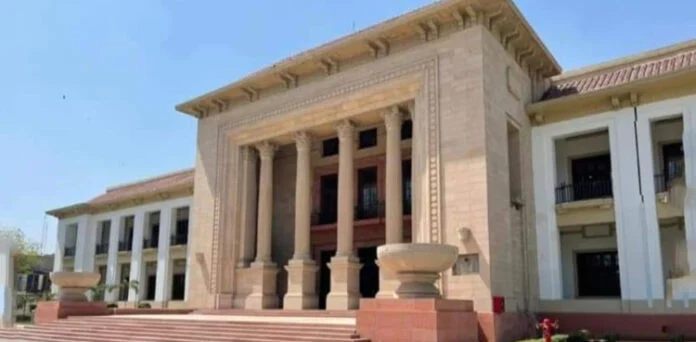
AIMA is accused of violating the law by restricting access to the appointment system, according to legal representatives. Without details regarding the Expression of Interest date, lawyers risk having their actions dismissed in court, as scheduling is essential for obtaining the Residence Permit.
Lawyers specializing in immigration issues have raised concerns that the Agency for Integration, Migration, and Asylum (AIMA) has unlawfully restricted access to the SAPA, or Automatic Pre-Scheduling System. This platform provides crucial information about various processes, including entry dates, submitted documents, payment status for AIMA fees, and appointment dates. This restriction was implemented in mid-October.
Lawyers have asserted that AIMA’s actions violate Article 83 of the Code of Administrative Procedure. According to attorney Catarina Zuccaro, this article guarantees interested parties the right to access files that do not contain classified information or trade secrets.
Zuccaro highlights the issues caused by the restricted access: “AIMA is unjustifiably infringing on the fundamental right to information and transparency, preventing citizens from consulting their cases and obtaining necessary documentation for the administrative processes they are involved in.”
She also notes that judges often require the date for submitting the Expression of Interest, a tool used by immigrants until its recent abolition by the Government in June, for residency applications in Portugal. “Without this date, judges may dismiss cases that need scheduling with AIMA,” she explains.
Law mandates that scheduling should take place within 90 days following the submission of the Expression of Interest. Catarina suggests that AIMA’s decision to block the SAPA system could be a strategy to evade potential new lawsuits.
To explain the lack of documents, Catarina has included a printed screenshot of the SAPA Portal in her clients’ files. “This provides a written justification for the missing Expression of Interest date,” she notes.
Lawyer Adriana Ayala states that the inability to access data on the Expression of Interest is due to AIMA’s transition to a new system. “In this new system, documents cannot be viewed, and the upload dates are not visible,” she explains.
Adriana, who specializes in immigration law, suggests that AIMA may be attempting to decrease the backlog of immigrants seeking to regularize their status. This could result in more individuals being prompted to pay their fees, which are necessary for scheduling appointments. When contacted by PÚBLICO Brasil, AIMA did not provide a response.
As AIMA marks its first anniversary, the situation is far from celebratory. There are at least 400,000 immigration cases pending, the appointment scheduling system is non-functional, and many families are suffering, with some lacking access to essential services like health care and education.
In light of AIMA’s apparent neglect of individuals relying on its services to escape precarious situations, a significant number of entrepreneurs declined to attend an event commemorating the agency’s first anniversary. Out of 77 seats set up for guests, only 27 were filled.




















